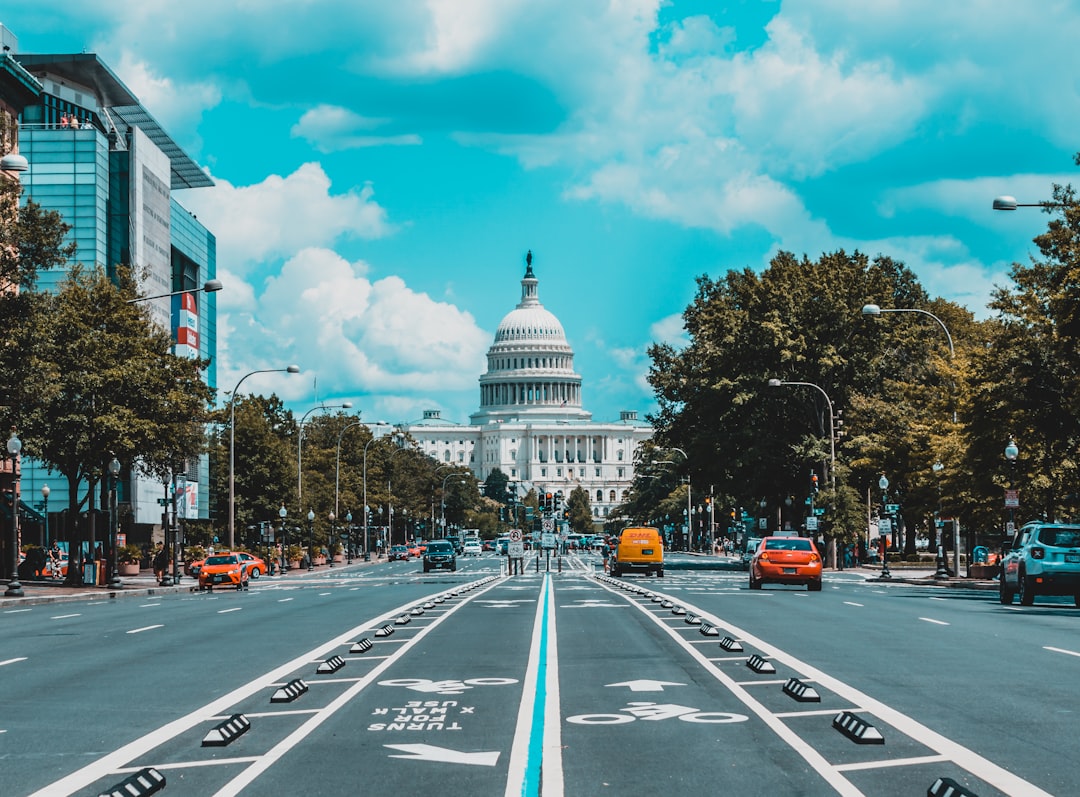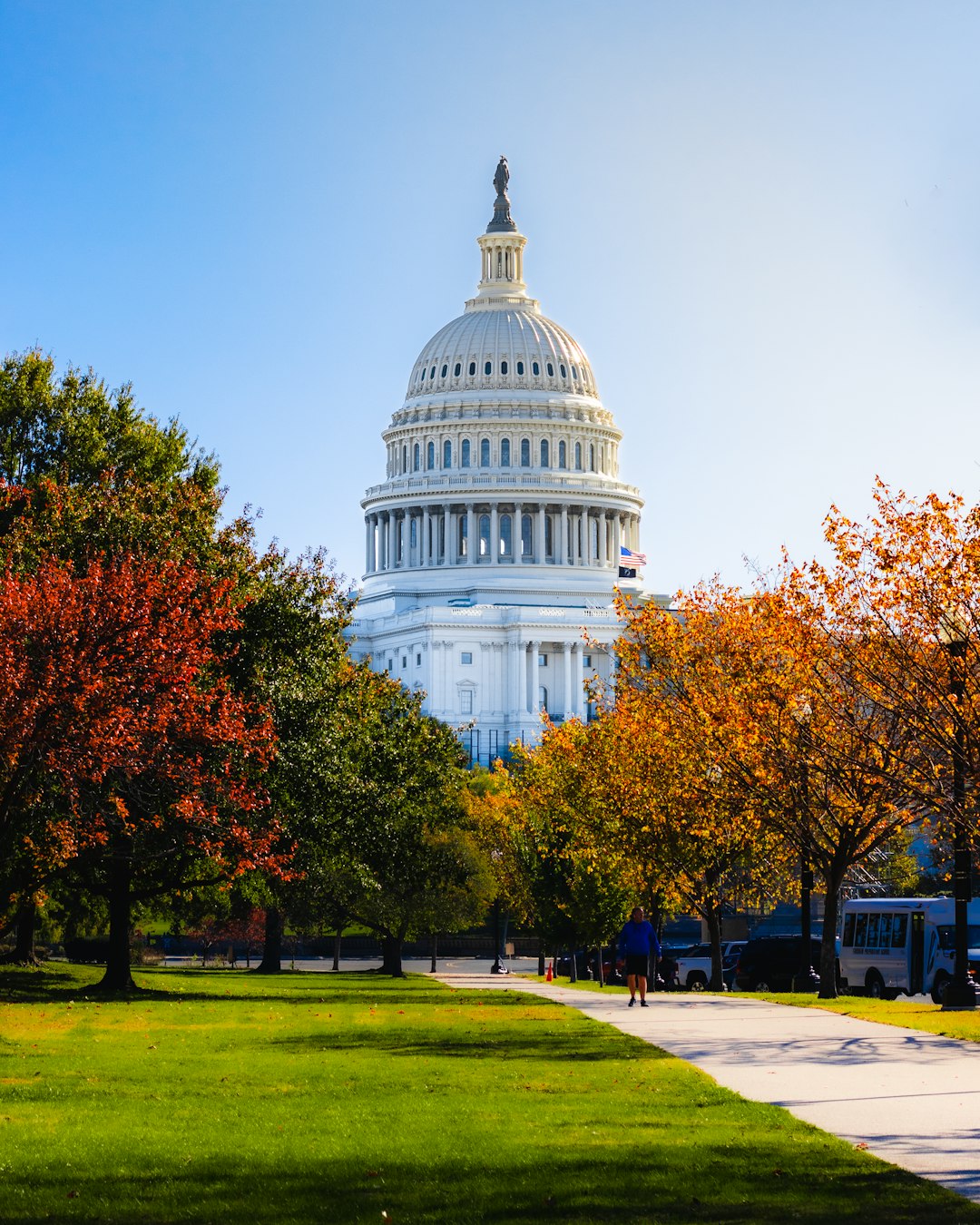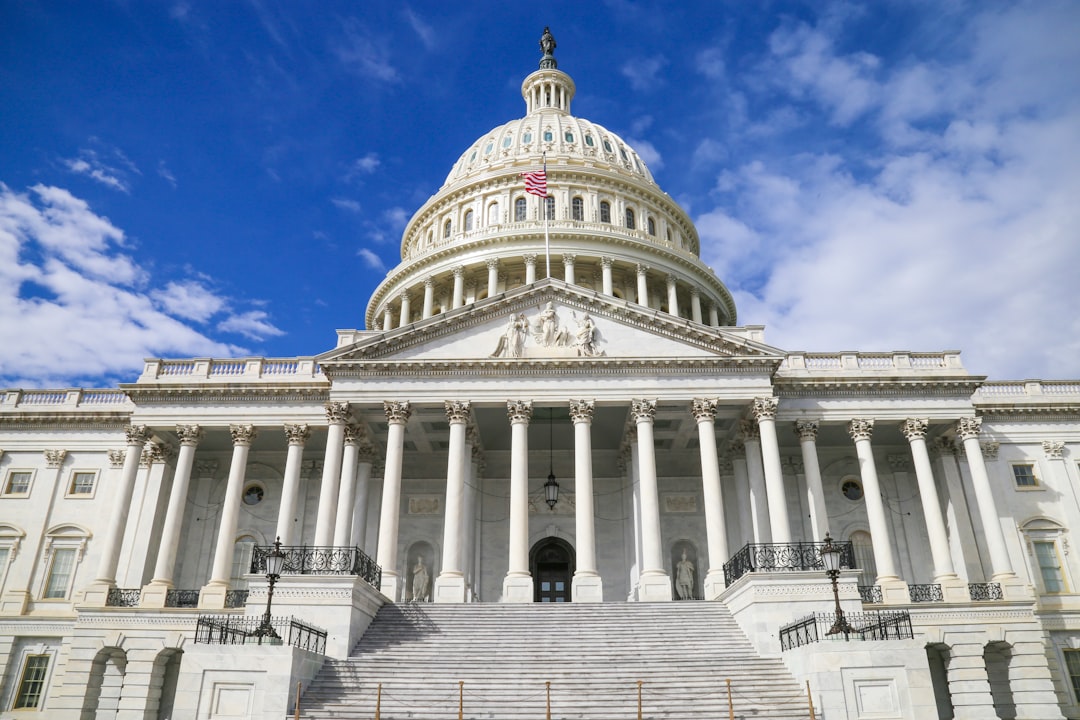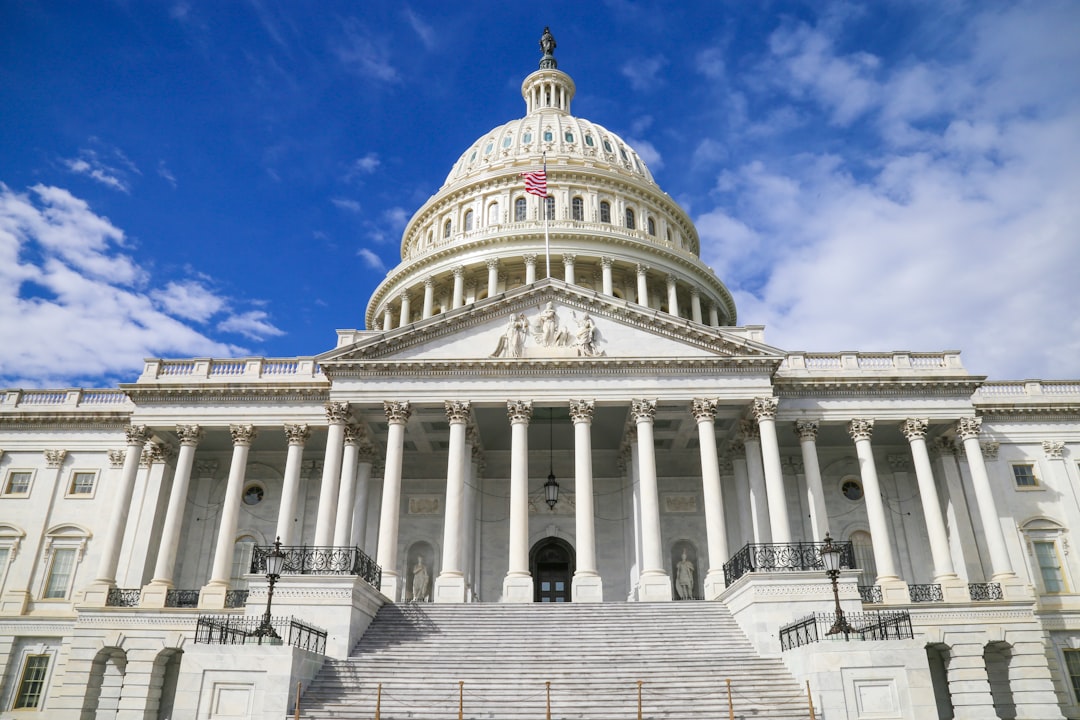Social media platforms have transformed advocacy for sensitive issues like abuse victims in Tacoma, connecting vulnerable individuals with local support through rapid information dissemination and breaking geographical barriers. Massage abuse law firms in Washington leverage targeted campaigns and hashtags (e.g., #MassageAbuse) to raise awareness of available legal services and support networks. Online support communities foster safety, resilience, and mutual aid for survivors, while social media has driven significant shifts in addressing abuse within the massage therapy industry, leading to increased accountability and public safety measures across the state. However, law firms face challenges such as maintaining client confidentiality and managing online reputation when utilizing these tools for advocacy.
In the digital age, social media has emerged as a powerful tool for advocacy, especially for victims of abuse seeking support and justice in Tacoma, Washington. This article explores the multifaceted role of social media in amplifying voices, raising awareness, and providing safe online spaces for survivors. From mass outreach to targeted campaigns, we delve into how industries like massage therapy are leveraging digital platforms for advocacy. Additionally, we examine case studies, challenges, and ethical considerations faced by law firms utilizing social media to support abuse victims in Washington state.
The Power of Social Media in Reach and Awareness for Abuse Victims

Social media has emerged as a powerful tool for advocacy, especially in reaching and raising awareness about sensitive issues like abuse victims in Tacoma. Platforms like Twitter, Facebook, and Instagram allow for rapid dissemination of information, enabling local massage abuse law firms in Washington to connect directly with vulnerable individuals who may be struggling in silence. By sharing stories, offering support resources, and providing a safe online space, these platforms can encourage victims to come forward and seek help.
The digital nature of social media breaks down geographical barriers, ensuring that critical messages reach a diverse audience. This is particularly beneficial for marginalized communities, as it facilitates the spread of awareness about available legal services and support networks. Through targeted campaigns and strategic use of hashtags (e.g., #MassageAbuse), local law firms can increase visibility and ensure that victims know they are not alone in their fight against abuse.
Online Support Communities: Safe Spaces for Survivors in Tacoma

In today’s digital era, online support communities have emerged as safe spaces for survivors of abuse in Tacoma, Washington. These virtual platforms provide a sense of community and belonging to individuals who may feel isolated or ashamed due to their experiences. Through social media groups dedicated to sharing resources, personal stories, and mutual aid, survivors can connect with others who understand their struggles. This network of support is especially valuable for those who may not have access to local support groups or fear judgment from their communities.
Massage abuse law firms in Washington often collaborate with these online communities to offer legal advice, raise awareness about victim rights, and facilitate connections to critical services. By leveraging social media, survivors can gain access to information that empowers them to take control of their healing process. This digital support system not only offers a sense of safety but also encourages resilience and empowerment among those who have experienced abuse.
Massage Therapy Industry and the Rise of Digital Advocacy

In recent years, the Massage Therapy Industry has witnessed a significant shift in how it addresses and advocates for victims of abuse within its ranks. With the rise of digital platforms, especially social media, there’s been a corresponding surge in online advocacy for massage therapy clients who have experienced mistreatment. This evolution is particularly notable in cities like Tacoma, Washington, where local law firms specializing in massage abuse cases have been instrumental in spreading awareness and offering support through these digital channels.
Social media has become a powerful tool for raising voices against abusive practices within the industry. Massage therapy advocates and victims’ rights organizations use platforms to share stories, provide resources, and connect with like-minded individuals. This digital advocacy has not only empowered survivors but also pushed for stricter regulations and better protections for clients across Washington state. By leveraging the reach and accessibility of social media, massage abuse law firms in Tacoma are making a tangible impact on public safety and industry accountability.
Case Studies: Successful Social Media Campaigns for Justice

Social media has emerged as a powerful tool for advocacy, especially in the fight against abuse and injustice. Numerous successful campaigns have utilized platforms like Twitter, Instagram, and Facebook to raise awareness, share stories, and push for change. These digital efforts have proven particularly effective in supporting victims of massage abuse, with several notable examples emerging from Washington state.
For instance, the #EndMassageAbuse campaign went viral, sparking national conversations and leading to increased scrutiny on spa regulations. This online movement resulted in numerous massages being closed down due to non-compliance with labor laws and safety standards. Similarly, a local law firm in Tacoma utilized Twitter threads to expose a pattern of sexual harassment within a prominent spa chain, leading to legal action and a settlement for several victims. These case studies demonstrate the potential of social media to amplify voices, hold perpetrators accountable, and create a safer environment for massage therapy workers in Washington.
Challenges and Ethical Considerations for Law Firms Using Social Media

Using social media as a tool for advocacy can be a double-edged sword for massage abuse law firms in Washington, presenting both opportunities and challenges. While it offers a powerful platform to raise awareness about issues related to abuse and reach potential clients, there are also ethical considerations to navigate. One primary concern is maintaining client confidentiality while engaging in public discourse. Law firms must be vigilant in ensuring that any information shared on social media does not compromise the privacy of their clients or reveal sensitive details of ongoing cases.
Additionally, the digital landscape can amplify existing challenges, such as managing online reputation and dealing with potential misinformation. Massage abuse law firms need to develop strategies to respond to negative comments or false accusations, especially when these gain traction on social media. Balancing open communication and ethical boundaries requires careful consideration of content moderation, privacy settings, and transparent engagement with the public to uphold the integrity of their work in representing victims of massage abuse.





